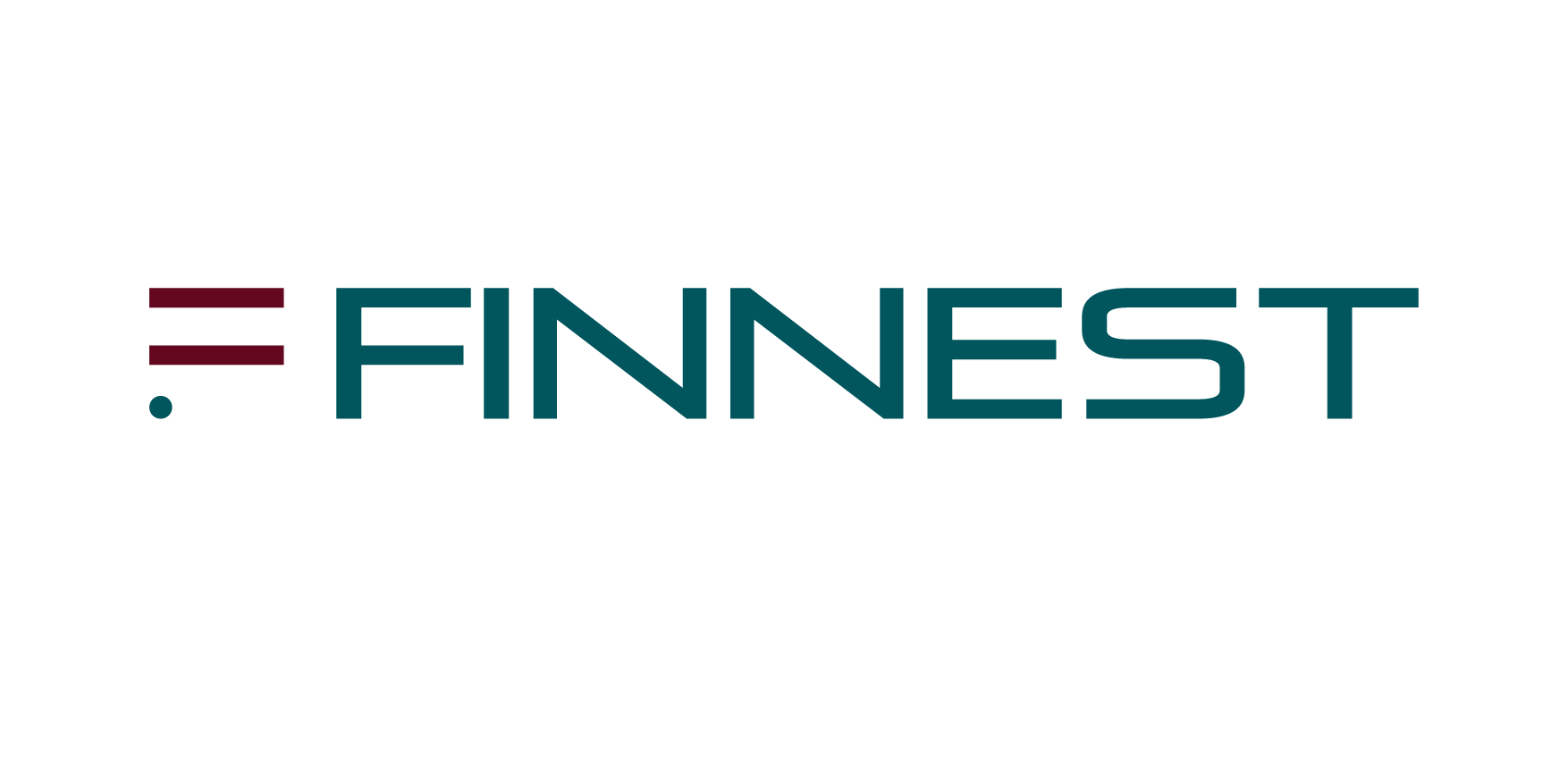Introduction
In 2025, getting a student visa isn’t just about academic merit—it’s about proving you can financially support yourself throughout your time abroad. Immigration authorities across countries have tightened rules to ensure international students are genuinely prepared to handle the cost of living, tuition, travel, and unforeseen expenses. This makes financial documentation one of the most scrutinized parts of any student visa application.
However, with each country setting its own benchmarks and formats for proof of funds, many students and parents find themselves overwhelmed by conflicting advice and last-minute rejections. How much money do you actually need to show? What kind of documents are accepted? How long should the funds be held in the account?
This comprehensive guide answers those questions with clarity. We break down the student visa financial requirements for the most popular study destinations among Indian students—covering not just the numbers, but also the logic behind them. Whether you’re planning to study in the US, UK, Canada, Australia, or Germany, this article helps you understand exactly what’s expected and how to prepare your finances accordingly.
Why Proof of Funds Matters
Proof of funds is more than just a financial checkpoint—it’s a signal to immigration authorities that you’re a prepared and responsible candidate who won’t face undue hardship abroad. Most countries enforce this requirement to ensure that international students:
- Can afford tuition and living expenses without illegal work or public funds
- Have genuine academic intentions and are not misusing student visas
- Won’t become a burden on the host country’s welfare system
The amount you need to show varies based on location, program duration, and institution. Authorities typically assess your ability to cover:
- First year’s tuition fees
- 12 months of living expenses
- Travel costs (especially for visa categories that don’t permit part-time work immediately)
- Emergency buffer or contingency funds (some countries now require this)
It’s also important to understand that showing the right amount is only half the battle—what matters just as much is how you show it. Improper documentation, unverified sources of funds, or holding the amount for too short a period are among the top reasons for visa rejections.
Country-Wise Financial Requirements for 2025
Each country sets its own minimum financial requirements for student visa applicants. Here’s a breakdown of what major study-abroad destinations expect in 2025:
United States
- Minimum Proof Required: Tuition + Living Expenses (~$10,000 to $25,000 per year)
- Document Types Accepted: Bank statements, scholarship letters, sponsor affidavits, Form I-20 from the institution
- Funds Holding Period: At least 28 days recommended, though not mandatory
United Kingdom
- Minimum Proof Required:
- £1,334/month for students in London
- £1,023/month for students outside London (for up to 9 months)
- Plus one year’s tuition
- £1,334/month for students in London
- Document Types Accepted: Personal bank accounts, fixed deposits, student loans from regulated institutions
- Funds Holding Period: 28 consecutive days before the visa application
Canada
- Minimum Proof Required: CAD $10,000/year (outside Quebec) or CAD $11,000/year (within Quebec), plus first-year tuition
- Document Types Accepted: GIC (Guaranteed Investment Certificate), bank letters, loan documents, scholarship proof
- Funds Holding Period: No fixed rule, but at least a month of consistent balance is recommended
Australia
- Minimum Proof Required: AUD $24,505/year for living costs + tuition + travel (as of 2025)
- Document Types Accepted: Bank statements, income tax returns of sponsor, education loan sanction letters
- Funds Holding Period: Must demonstrate genuine access to funds for the duration of stay
Germany
- Minimum Proof Required: Approx. €11,208 in a blocked account for one year
- Document Types Accepted: Blocked account, official sponsorship declaration (Verpflichtungserklärung)
- Funds Holding Period: Funds must be deposited in full before visa submission
New Zealand
- Minimum Proof Required: NZD $20,000/year for living expenses + tuition + travel
- Document Types Accepted: Savings account statements, loan letters, income certificates
- Funds Holding Period: At least 6 months of banking history recommended for self-funded applicants
What Qualifies as Acceptable Financial Proof
Immigration authorities don’t just look at the numbers—they scrutinize the source, stability, and validity of the financial documents you provide. Knowing what’s accepted—and what raises red flags—can be the difference between visa approval and rejection.
Accepted Proof Formats Across Most Countries
- Bank Statements (Savings Account):
- Must be in the applicant’s or sponsor’s name
- Should show consistent balance over time
- No unexplained large deposits
- Must be in the applicant’s or sponsor’s name
- Education Loan Sanction Letters:
- Must be from recognized nationalized or private banks
- Clearly mention the student’s name, institution, and disbursement schedule
- Must be from recognized nationalized or private banks
- Fixed Deposits (with Break Clause):
- Accepted in some countries only if easily liquidatable
- Accepted in some countries only if easily liquidatable
- Scholarship or Assistantship Letters:
- From government bodies or universities
- Must clearly specify the amount and duration
- From government bodies or universities
- GICs (Canada) and Blocked Accounts (Germany):
- Opened with approved providers only
- Must reflect the exact government-specified amount
- Opened with approved providers only
- Affidavit of Support (if Sponsored):
- Accompanied by the sponsor’s income documents, IT returns, and relationship proof
- Accompanied by the sponsor’s income documents, IT returns, and relationship proof
Common Red Flags That Could Lead to Rejection
- Unexplained Sudden Deposits:
Authorities may suspect borrowed or fake funds - Use of Business Account Statements (unless justified)
- Statements Without a Consistent 28-Day (or more) Balance
- Fixed Assets (like gold or land) Listed as Liquid Proof
- Outdated or Untranslated Documents
- Mismatch Between Claimed Sponsor and Document Ownership
Submitting clean, verifiable, and consistent documentation increases your chances of approval exponentially. Each embassy may have slightly different preferences—but these general standards apply across the board.
Next, we’ll look at how to plan early to avoid these issues and what tools or support systems you can use to prepare.
Early Planning & Financial Preparation Tips
Financial readiness isn’t just about saving money—it’s about building a well-documented financial profile months before your visa application. Here’s how to stay ahead of the process and avoid last-minute surprises:
1. Start Planning 9–12 Months Before Intake
- Research the target country’s current visa rules and cost-of-living trends
- Shortlist banks or financial institutions offering education loans with low-interest rates and visa-compliant terms
2. Choose the Right Funding Mix
- Use a combination of:
- Savings (preferably in your or parent’s name)
- Education loans (from recognized banks)
- Scholarships (apply early)
- Family sponsorships (only if documentation is clear and sufficient)
- Savings (preferably in your or parent’s name)
3. Keep Bank Statements Clean & Consistent
- Avoid sudden large transfers or deposits
- Maintain the required balance steadily over 28+ days
- Use one or two key accounts only, rather than spreading funds across many
4. Document Everything
- Have digital and physical copies of all financial records
- Translate documents to English (if required), notarize affidavits, and prepare concise summaries of your financial position
- Back up income sources with tax filings and employment letters where needed
5. Consult Experts Early
- Engage a financial advisor or study-abroad consultant familiar with visa requirements
- Platforms like Finnest can help you plan and document your finances to be visa-ready months in advance
5. Common Mistakes That Lead to Visa Rejection
- Submitting documents that are too recent or have large unexplained deposits
- Using fixed deposits or assets that aren’t considered liquid
- Including funds from unverifiable sources or unapproved sponsors
- Not translating documents into the required language
- Failing to meet the document retention timeline (e.g., 28 days for the UK)
6. Expert Tips for a Stronger Visa Application
- Begin financial planning at least 6 months in advance
- Use a mix of proof types for stronger credibility
- Keep transaction history clean—avoid sudden large transfers
- Prepare backup proof of funds
- Work with education finance consultants to meet embassy norms
How Finnest Helps You with Visa-Ready Financial Planning
Navigating the financial documentation required for student visas can be overwhelming—but that’s exactly where Finnest makes the difference. Whether you’re planning for the UK, Australia, Canada, or the US, Finnest offers end-to-end support tailored to your destination’s requirements.
1. Country-Specific Financial Advisory
Our experts stay updated on the evolving visa rules for each country. We guide you on:
- Minimum fund requirements by country
- Accepted sources of funds (loans, savings, sponsor support)
- Preferred documentation formats
2. Customized Loan Solutions for Visa Approval
Finnest partners with top banks and NBFCs to offer education loans that:
- Comply with embassy guidelines
- Disburse funds in visa-accepted formats (savings certificates, loan sanction letters)
- Offer quick processing with minimal paperwork
3. Proof of Funds Support
Need to show sufficient funds in a bank account for 28 days or more? We assist with:
- Strategic fund placement across compliant accounts
- Setting up timely documentation (bank letters, fixed deposit receipts, affidavits)
- Translation and notarization (where required)
4. End-to-End Documentation Help
From bank statements to income proofs, we ensure:
- Each document meets embassy standards
- Your application file is well-organized, verified, and complete
- Quick turnaround for urgent application needs
5. Visa Interview Prep (Financial Focus)
For countries like the USA where visa interviews are mandatory, our experts:
- Train you to answer funding-related questions confidently
- Help you explain your financial profile clearly and accurately
- Provide mock interview support focused on financial preparedness
Conclusion: Be Visa-Ready with Confidence
Meeting financial requirements is one of the most critical—and often overlooked—steps in securing a student visa. From minimum bank balance rules to acceptable sources of funds and proof timelines, every country has its own checklist. Missing a single detail can delay your dream education.
That’s why partnering with Finnest can make all the difference. Whether you’re applying to a top university in the US, Canada, UK, Australia, or Germany, we ensure your financial documentation is not just sufficient—but strong and compliant.
Take the Next Step with Finnest
Planning to study abroad in 2025? Don’t leave your visa to chance.
Let Finnest handle your financial planning, documentation, and loan processing—country by country, requirement by requirement.
Connect with Finnest today and let’s make your study abroad journey smoother, smarter, and visa-ready.
FAQs
1. What are the minimum financial requirements for a student visa in countries like the USA, UK, Canada, and Australia?
Each country has specific guidelines. For example, the UK typically requires proof of funds covering tuition plus £1,334/month for 9 months (London). Canada requires CAD 20,635 annually for living expenses, while the US depends on the I-20 form estimate. Australia expects AUD 24,505 annually. Always check the latest requirements on official immigration portals.
2. Can I use an education loan as proof of funds for my student visa?
Yes, most countries accept education loans from recognized financial institutions as valid proof of funds. The loan sanction letter must clearly mention the student’s name, the disbursed amount, and the purpose (education abroad). At Finnest, we ensure your loan documents are visa-ready and meet embassy standards.
3. How far in advance should I prepare my financial documents for a student visa?
It’s ideal to begin preparations 3 to 6 months before your visa application. Many countries require that funds be held in an account for 28 to 180 days, depending on the destination. Starting early allows time to gather required bank statements, loan approvals, and affidavits—without last-minute stress.




